This article is reviewed by an expert
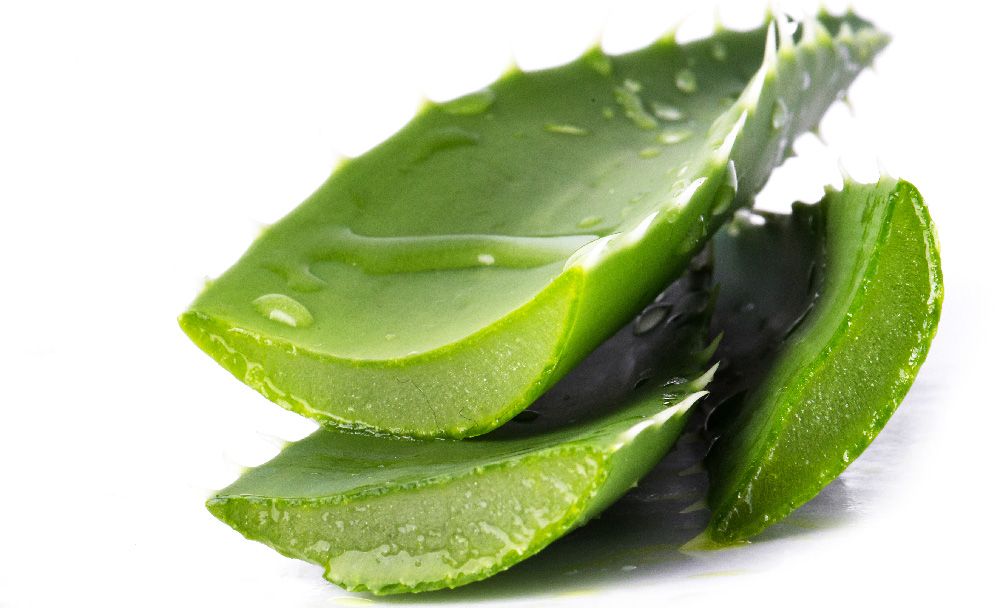
Reviewed by experts
Aloe vera also known as Ghritkumari is a succulent plant native to tropical regions, has been used for centuries in Ayurvedic medicine for its therapeutic properties. Rich in vitamins, minerals, enzymes, and amino acids, aloe vera is known for its versatile health benefits. In this article, we will explore the top 12 surprising health benefits of Aloe Vera.
Here are 12 Surprising Health Benefits of Aloe Vera
Boosts Immunity
Primary Benefit: A strong immune system is vital for overall health and well-being. Aloe vera has immunomodulatory properties that help enhance the body’s natural defence mechanisms. [1]
Secondary Benefit: Studies have shown that aloe vera stimulates the production of immune cells such as macrophages and lymphocytes, which play a crucial role in fighting off infections and diseases. Regular consumption of aloe vera juice or supplements can help strengthen the immune system and improve overall immunity.[1]
Supports Digestive Health
Primary Benefit: According to Ayurveda, a healthy digestive system is the key to good health. Aloe vera has been traditionally used to improve digestion and relieve digestive issues such as constipation and acidity. [2]
Secondary Benefit: It contains enzymes that aid in the breakdown of food, promoting better digestion and absorption of nutrients. Aloe vera also has a mild laxative effect, which can help regulate bowel movements and promote regularity. [2]
Promotes Skin Health
Primary Benefit: Aloe vera is widely known for its skin-nourishing properties. It is rich in vitamins, minerals, and antioxidants that nourish and moisturize the skin, making it smooth, supple, and radiant. Aloe vera also has anti-inflammatory properties that can help soothe skin irritations, redness, and itching. [3]
Secondary Benefit: Studies have shown that topical application of aloe vera gel can accelerate wound healing, reduce inflammation, and promote collagen synthesis, making it beneficial for various skin conditions such as burns, cuts, and eczema. [3]
Supports Oral Health

Primary Benefit: In Ayurveda, aloe vera has been used as a natural remedy for oral health issues such as gum diseases, mouth ulcers, and bad breath. Aloe vera mouthwashes or gargles can help reduce plaque formation, kill harmful bacteria, and soothe inflamed gums. [4]
Secondary Benefit: Aloe vera gel can also be applied topically on mouth ulcers to reduce pain and promote healing. [4]
Balances Blood Sugar Levels

Primary Benefit: Several studies have shown that aloe vera can help regulate blood sugar levels, making it beneficial for individuals with diabetes. [5] [6] [7]
Secondary Benefit: Aloe vera contains compounds that improve insulin sensitivity and reduce insulin resistance, helping to control blood glucose levels. [5] [6] [7]
However, it is important to consult a healthcare professional before using aloe vera as a supplement for blood sugar management, especially if you are on medication for diabetes.
Supports Joint Health
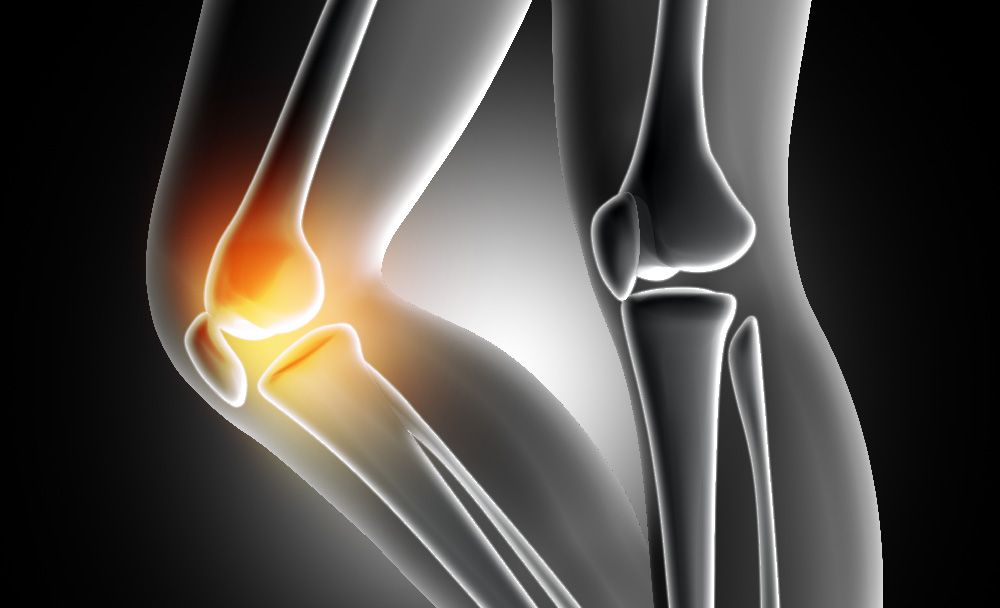
Primary Benefit: Aloe vera has anti-inflammatory properties that can help reduce inflammation and pain associated with joint conditions such as osteoarthritis and rheumatoid arthritis. [8]
Secondary Benefit: Aloe vera contains compounds that inhibit the production of pro-inflammatory cytokines, which play a key role in joint inflammation. Regular consumption of aloe vera juice or supplements can help support joint health and reduce joint discomfort. [8]
Promotes Cardiovascular Health
Primary Benefit: Heart health is crucial for overall well-being, and aloe vera can help support cardiovascular health. Aloe vera has been shown to reduce cholesterol and triglyceride levels, which are risk factors for heart disease. [9]
Secondary Benefit: Aloe vera also has anti-inflammatory and antioxidant properties that can help protect against oxidative stress and inflammation, which are associated with cardiovascular diseases. [9]
Supports Liver Health
Primary Benefit: The liver plays a vital role in detoxification and overall health. Aloe vera has hepatoprotective properties that can help support liver health. Studies have shown that aloe vera can help protect the liver from damage caused by toxins, alcohol, and medications. [10]
Secondary Benefit: Aloe vera contains compounds that stimulate liver detoxification enzymes, promote liver cell regeneration, and reduce liver inflammation. Regular use of aloe vera can help maintain a healthy liver and support its proper functioning.[10]
Enhances Nutrient Absorption
Primary Benefit: Aloe vera has been shown to enhance the absorption of essential nutrients such as vitamins, minerals, and amino acids. [11]
Secondary Benefit: Aloe vera contains enzymes that help break down food and improve the bioavailability of nutrients, allowing the body to better absorb and utilize them. This can help improve the overall nutrient status and support optimal health. [11]
Provides Antioxidant Protection
Primary Benefit: Aloe vera is a rich source of antioxidants, which are compounds that help neutralize harmful free radicals in the body. Free radicals are unstable molecules that can cause oxidative damage to cells and contribute to various health issues such as ageing, inflammation, and chronic diseases. [12]
Secondary Benefit: Aloe vera contains antioxidants such as vitamins C and E, beta-carotene, and polyphenols, which help protect cells from oxidative stress and promote overall health. [12]
Supports Weight Management
Primary Benefit: Maintaining a healthy weight is essential for overall well-being, and aloe vera can support weight management efforts. Aloe vera contains compounds that help boost metabolism, increase energy expenditure, and reduce appetite, which can aid in weight loss. [13]
Secondary Benefit: It also helps improve digestion and nutrient absorption, which can support a healthy gut and aid in weight management goals. [13]
Promotes Mental Health
Primary Benefit: Aloe vera has adaptogenic properties that can help reduce stress, anxiety, and depression. [14]
Secondary Benefit: Aloe vera contains compounds that help regulate the stress response in the body, promote relaxation, and improve overall mental well-being. Incorporating aloe vera into your routine can help support mental health and improve overall vitality. [14]
FAQs
1. Can Aloe Vera be used for hair care?
Yes, Aloe Vera is often used in Ayurveda for promoting hair health. It contains enzymes that can nourish the scalp, reduce scalp inflammation, and strengthen the hair follicles, promoting healthy hair growth. Aloe Vera can be used as a hair mask, hair oil, or as an ingredient in Ayurvedic hair care formulations to enhance hair health.
2. Can Aloe Vera be used topically for skin issues?
Yes, Aloe Vera is widely used topically for various skin issues in Ayurveda. It has anti-inflammatory, antimicrobial, and moisturizing properties that can soothe and heal the skin. It can be applied directly to the affected area or used in combination with other Ayurvedic ingredients in skincare formulations for promoting healthy skin.
3. Is Aloe Vera safe for consumption?
Aloe Vera is generally considered safe for consumption when used appropriately and in moderation. However, it is important to consult a qualified Ayurvedic practitioner or healthcare professional before consuming Aloe Vera or any other herb, especially if you are pregnant, on medication or have any pre-existing health conditions.
4. Is Aloe Vera good for the eyes?
Aloe Vera contains vitamins, minerals, and antioxidants that can help nourish the eyes and protect them from oxidative damage. Ayurvedic eye drops containing Aloe Vera can be used to soothe dry eyes, reduce eye redness, and maintain overall eye health.
5. Can Aloe Vera improve gut health?
Yes, Aloe Vera has mild laxative properties that can help improve digestion, relieve constipation, and soothe the gut lining. Consuming Aloe Vera juice or supplements, as per Ayurvedic guidance, may promote a healthy gut and support overall digestive health.
Conclusion
Aloe vera, with its numerous health benefits, has been treasured in Ayurvedic medicine for centuries. From boosting immunity and promoting digestion to supporting skin health and cardiovascular health, aloe vera is a versatile plant with a wide range of therapeutic properties. Incorporating aloe vera into your daily routine, whether through the consumption of aloe vera juice, supplements, or topical application of aloe vera gel, can help you harness its health-promoting benefits. However, it is important to consult a healthcare professional before using aloe vera for any specific health condition, especially if you are pregnant, nursing, or have any underlying health concerns.
Disclaimer: This Article is for general knowledge only and does not constitute medical advice. Consult a trained medical professional before initiating any treatment or changes in your lifestyle.
References:
- Aloe Vera: A Short Review – Pmc (Nih.Gov)
- Evaluation of biological properties and clinical effectiveness of Aloe vera: A systematic review (researchgate.net)
- Anti-inflammatory and wound healing activities of Aloe littoralis in rats – PMC (nih.gov)
- Efficacy of fresh Aloe vera extract in postoperative healing following periodontal surgery in patients with chronic periodontitis: A randomized clinical trial (researchgate.net)
- Hypoglycemic and hypolipidemic effect of Aloe vera L. in non-insulin dependent diabetics – PMC (nih.gov)
- Antidiabetic activity of Aloe vera L. juice. I. Clinical trial in new cases of diabetes mellitus – ScienceDirect
- Beneficial effects of Aloe vera in treatment of diabetes: Comparative in vivo and in vitro studies – ScienceDirect
- Oral-Aloe-vera-as-a-treatment-for-osteoarthritis-A-summary.pdf (researchgate.net)
- Evaluation of the Nutritional and Metabolic Effects of Aloe vera – Herbal Medicine – NCBI Bookshelf (nih.gov)
- Aloe vera gel as a stimulant for mesenchymal stem cells differentiation and a natural therapy for radiation induced liver damage – ScienceDirect
- Aloe Vera: A Valuable Wonder Plant For Food, Medicine And Cosmetic Use – A Review (desertharvest.com)
- Antioxidant-properties-of-Aloe-vera-components-a-DFT-theoretical-evaluation.pdf (researchgate.net)
- Aloe vera at the frontier of glycobiology and integrative medicine: Health implications of an ancient plant (sagepub.com)
- Pharmacological Update Properties of Aloe Vera and its Major Active Constituents – PMC (nih.gov)




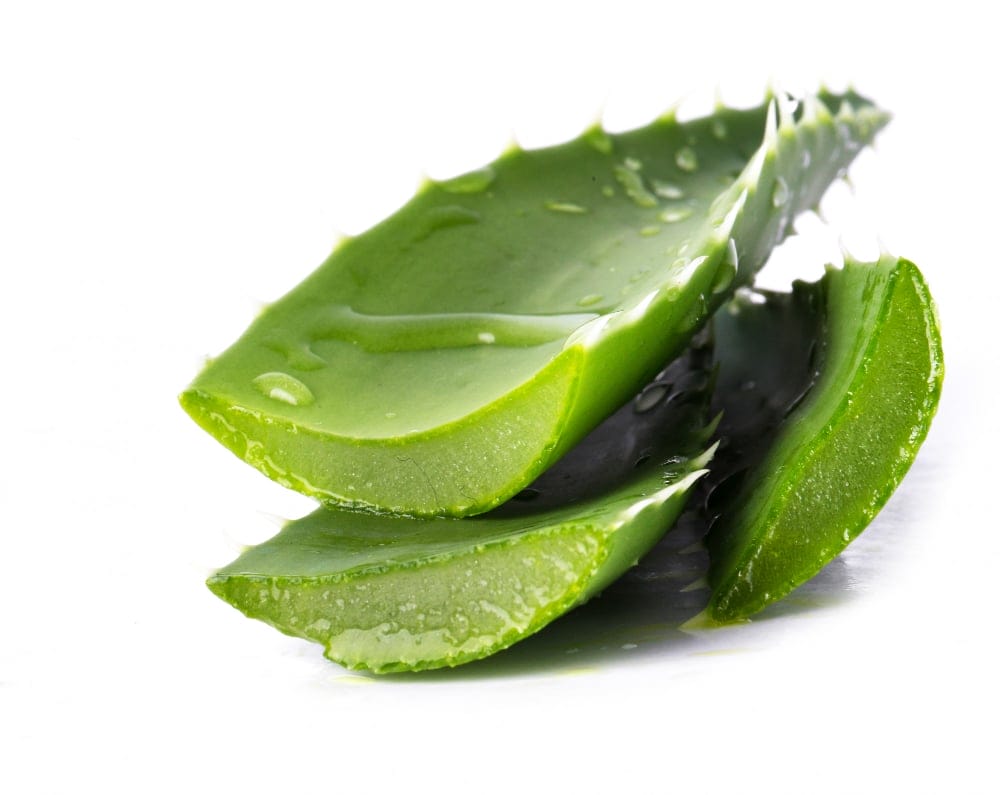


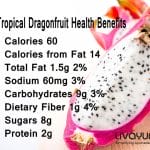






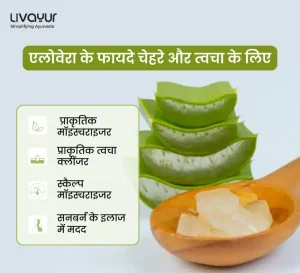


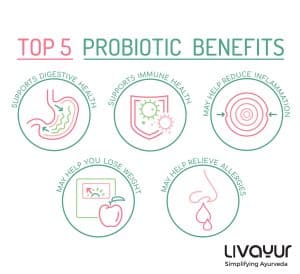







1 Comments
Comments are closed.